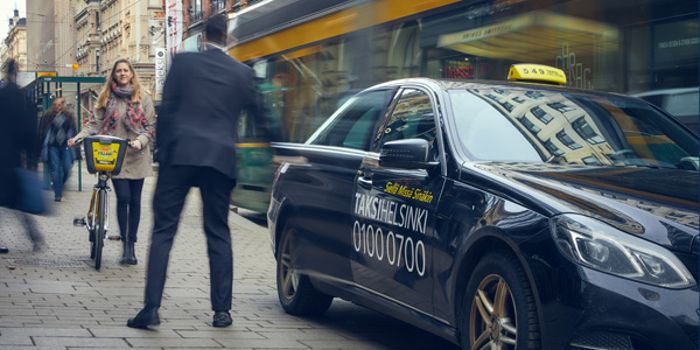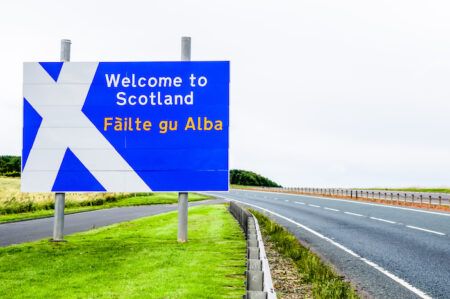In order to facilitate the development of Mobility-as-a-Service (MaaS), the global MaaS Alliance organization has commissioned a timely analysis to clarify the legal framework and roles of private actors and public transport authorities and operators in the MaaS ecosystem.
The study focuses on market access and competition issues related to MaaS in the context of EU law and was carried out by the VVA (Valdani Vicari & Associati) consultancy in spring 2019. The purpose of the study is to support the development of MaaS by improving the common understanding of the legal framework and helping public and private partners in cities with their MaaS implementations. There have been many different local interpretations and uncertainties in the legal framework that have held up market access and provision of MaaS services in many European cities.

The study focused on several issues such as:
- Whether public transport authorities and/or operators are allowed to extend their services to include MaaS service offerings and what regulatory provisions need to be taken into account;
- Whether there is any EU legislation that would restrict European public transport authorities/operators from offering all of their tickets to end-users through MaaS operators;
- Whether the public transport authority’s/operator’s liability for damages towards travelers have to remain the same, as well as whether anything changes if the ticket is purchased directly from a MaaS operator instead of the public transport provider.
The issues were analyzed with regard to the relevant EU regulatory framework in force, namely EU transport legislation, Competition law, State aid law, and public procurement and data protection legislation.

According to the study, the public transport operators (PTOs) or authorities are able to extend their scope and become a MaaS operator, but there is a lot to take into account before doing so. Competition law, pricing and providing equal access to all services is something that will have to be closely examined in order to avoid possible market disturbances. Another key finding is that MaaS operators must be able to access the same deals concerning tickets and services, such as mobile tickets, monthly tickets etc., as the ones offered to end-users by public transport operators. When defining the price of public transport tickets paid by MaaS operators, the PTOs should apply similar pricing principles as the ones applied to their own distribution channels.
“There is a need for clarification of the regulatory framework in place today in Europe when we look at supporting the implementation of new mobility solutions and services,” noted Jacob Bangsgaard, CEO of ERTICO – ITS Europe and president of the MaaS Alliance. “This study gives an insight into the rights and obligations of public and private players. We hope that it will support authorities, operators and service providers when creating new advanced mobility services. We believe that the study will strengthen the development of open MaaS ecosystems and encourage the generation of new public-private partnerships.”





